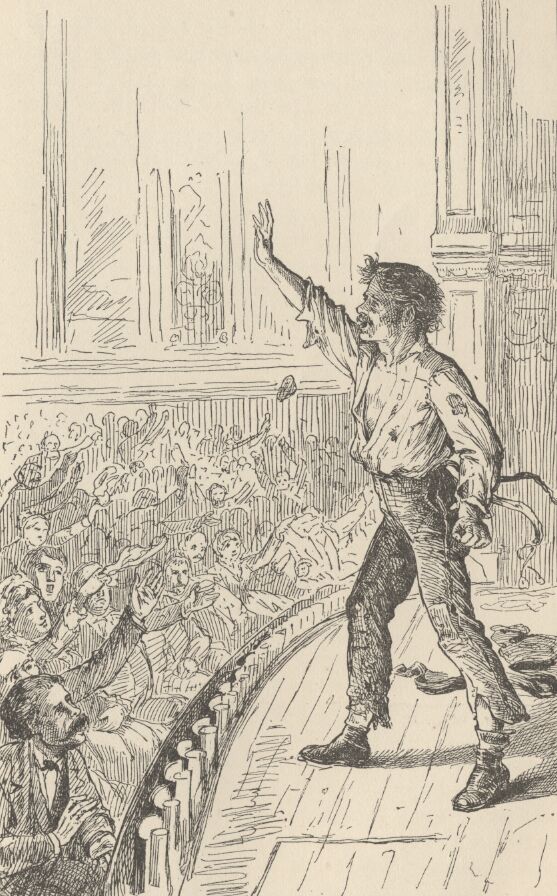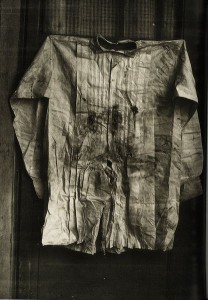The Browser pointed me to “Saving Horatio Alger,” Richard Reeves’ excellent Brookings essay about American mobility, which is our national religion even though we currently trail Europe in this area by most measures. We boomed in our early days because of Manifest Destiny, busted once there was nowhere left to push our borders and had another rising-tide moment at the end of World War II. Great stuff like a tidy little explanation of how Alger would have made a poor character in his own books, since he was never ragged nor rich. An excerpt about the downward slope that set in starting in the 1970s:
“America’s decisive role in World War II and its subsequent emergence as a superpower gave rise to the Great Prosperity: a new surge of economic energy alongside sizeable government investments in infrastructure, the military, science, and Social Security, and a recommitment to education, not least through the G.I. Bill. Between 1950 and the mid-1970s, as the U.S. economy grew by an average of 4 percent a year, the economic expansion drove wages and employment up, and income and wealth gaps narrowed. High taxes—high by historical standards, anyway—were levied on those with the biggest incomes and greatest wealth, and the government provided more services and cash assistance to the poor as part of Lyndon Johnson’s vision for the ‘Great Society.’ Upward mobility may not have improved; but since standards of living were rising at about the same rate across the income distribution, most people were much better off than their parents had been, even if they remained on the same rung of the income ladder.
From the mid-1970s on, however, the mass prosperity machine began to grind to a halt; productivity stagnated and growth slowed as global competition intensified. Inequality trends returned to their pre-war trajectory, with those on the top rungs climbing ever further upward, helped along by Ronald Reagan’s tax cuts, while those at the bottom and in the middle lagged behind. George H.W. Bush broke his ‘no new taxes’ pledge, but did nothing to alter the growing fissure between the rich and the rest.
Bill Clinton’s electoral success presaged a period of strong economic growth and some restoration of the fortunes of the middle class. But U.S. politics soon veered to the right. With the election of George W. Bush as president and the emergence of a new strand of populism culminating in the muscular Tea Party movement, the rightward drift continued, and the carefully tied knots of financial regulation were quietly loosened, one by one. Mobility rates remained flat.
The election of Barack Obama fleetingly signaled a new, more optimistic mood, the promise of a more generous, post-partisan politics, and a renewed commitment to the upward mobility Americans believe in so fervently. Here was a president whose election seemed a testament to America’s progress, and whose personal story proved, so it seemed, that the Horatio Alger story could be rewritten for a multi-racial nation. The uplift was short-lived. Today, the nation is limping away from the economic car-crash of 2008. Politics remains deeply partisan. And yes, mobility rates are still flat.”



